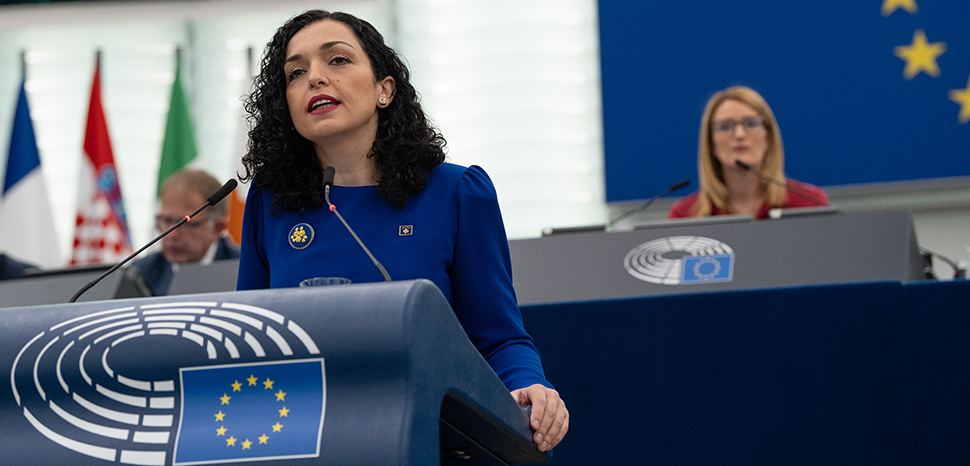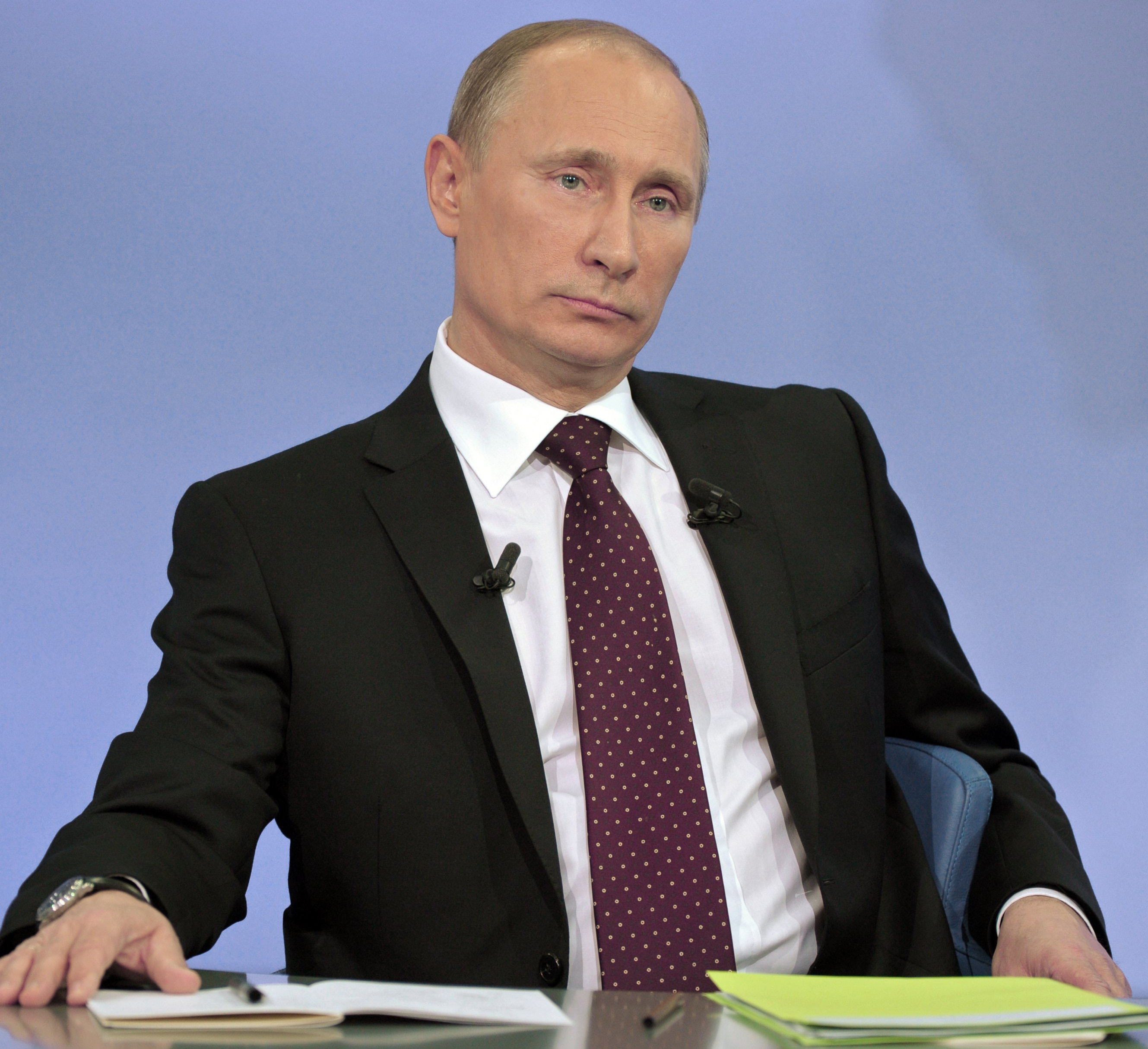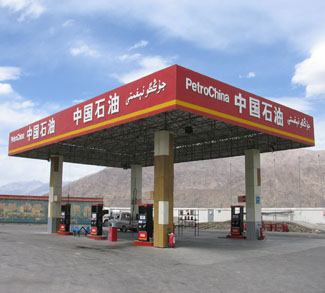Recent developments, including a growing NATO military presence, are ramping up tensions in Kosovo, and upcoming elections in Serbia on December 17 represent another potential escalation.
On September 24, a police patrol near the village of Banjska in the northern part of Kosovo was ambushed by armed Serb paramilitaries, resulting in the death of a police officer. The assailants then fled to a monastery near the Kosovo-Serbia border, prompting a firefight with the police. Three armed Serbs were killed, while the remaining individuals were either apprehended or managed to escape. This marked one of the most serious instances of violence in the country since the conclusion of the Kosovo war in 1999.
Following the incident, Pristina and Belgrade engaged in a blame game. Serbian President Aleksandar Vucic attributed the turmoil to what he described as the Kosovo government’s “terror” suggesting it had incited a rebellion among the Serb minority in the northern region. In response, Kosovo Prime Minister Albin Kurti accused Serbia of supporting financially and logistically organized crime and paramilitary groups that were attacking his country. The claim was strongly denied by Belgrade.
This latest uptick in the conflict reflects several significant facts. For one, Belgrade persists in leveraging the Kosovo matter to divert focus from internal challenges. There are indications that Vucic might be losing influence over Serb allies in northern Kosovo. With this conflict Serbia might involve other neighboring states, at this point not military, but certainly in a kind of diplomatic war. Moreover, momentum in Serbia-Kosovo negotiations has diminished, potentially leading to future flare-ups.
White House spokesperson John Kirby reported on September 29 that Serbia was gathering an unprecedented number of forces at the border with Kosovo, and this despite the presence of 4,500 NATO troops stationed in Kosovo through the KFOR peacekeeping mission. The deployment is raising concerns about a potential military confrontation, though has yet to escalate further.
On October 23, the UN Security Council held its second annual briefing on Kosovo. I attended this meeting and could sense the palpable energy in the room, with delegations eager to present their perspectives and information on the Kosovo issue while calling for solutions.
The Western bloc is endorsing the EU-facilitated dialogue, which aims to address the crisis between Serbia and Kosovo, particularly given the recent tensions in northern Kosovo. With recent incidents of shootings and killings, the international community’s focus is shifting toward this matter. Another proposal before the UN Security Council is to terminate UNMIK, the UN-led mission in Kosovo. The EU-led dialogue and facilitation of negotiations between Serbia and Kosovo have diminished UNMIK’s significance in recent developments. Consequently, a majority of Western members in the UN Security Council have suggested its closure.
During the most recent meeting held on October 26 in Brussels, Prime Minister Kurti engaged with German Chancellor Scholz, Italian Prime Minister Meloni, and French President Macron. Earlier, representatives from the prominent EU countries had presented a draft Statute to Prime Minister Kurti in Pristina. Subsequently, during a press conference the following day, Prime Minister Kurti affirmed the significant likelihood of establishing the Community of Serb Municipalities in Kosovo.
Additionally, recent EU initiatives have led to updates in the draft of the Statute for the Community of Serb Municipalities in Kosovo. Even the United States, as conveyed through the US Embassy in Pristina, provided assurances that the Community would not have executive powers and would not constitute an additional layer of government or autonomy.
According to credible sources, Prime Minister Kurti of Kosovo has reportedly agreed to the establishment of the Community of Serb Municipalities in Kosovo based on the latest Statute proposed by the EU, a document collaborated on by the Friedrich Ebert Stiftung. One of the primary objectives of the ongoing Brussels-Belgrade-Pristina dialogue is the creation of Serb Municipalities in Kosovo.
Kurti’s stance has undergone significant transformation since assuming office. Initially, he adamantly asserted that there would be no possibility of establishing the Community of Serb Municipalities. However, over time, his rhetoric softened, emphasizing that there would not be a “single national community.” The EU is closely monitoring developments in Kosovo and is urging Belgrade and Pristina to swiftly find a peaceful resolution. Consequently, heightened diplomatic efforts have been exerted to achieve these objectives.
The recent summit held in Tirana, Albania on October 16 showcased intensive EU diplomacy, negotiations, and endeavors concerning Western Balkan issues. Under the auspices of the Berlin Process, discussions centered around solutions for Kosovo and the broader topic of EU expansion in the Western Balkans.
Some of the important points of the draft Statute of the Community of Serb Municipalities to which Prime Minister Kurti agreed:
- The Community performs its activities on the basis of the Constitution of Kosovo.
- The Community will have its own official symbols, including a coat of arms and a flag.
- The Community maintains contacts with Serbia and receives direct aid, including financial and material.
- The Community will manage the educational and health institutions that it finances directly by Serbia.
- The Community of municipalities will have the following bodies:
- Assembly
- President and Vice President
- Council
- Committee
- Office for Complaints and Appeals
- The Community will have its own budget.
- The Community will cooperate with the central authorities of Kosovo on the basis of cooperation, without legislative authority.
- The Community oversees education, health, local economic development, culture, urban and rural planning and institutions financed by Serbia in member areas, with potential for additional centrally-assigned tasks.
- The Commander of the police in the north is chosen from the list submitted by the Community of Municipalities.
- The Community of municipalities will adopt measures to support the return of exiles and refugees to Kosovo.
- The Statute will be sent to the Constitutional Court for constitutionality assessment.
When questioned about the constitutionality of the Statute, the President of the Assembly (Parliament) of Kosovo indicated that, in his view, the Statute appears to be constitutional. However, contrasting public opinions, including those of the former chief of the Kosovo secret service, speculate that the Statute lacks constitutionality and thus that the establishment of the Community of Serb Municipalities should not proceed.
Both President Osmani and Prime Minister Kurti have expressed uncertainty regarding the constitutionality of the Statute and have deferred the final decision to the Constitutional Court of Kosovo. Should the Kosovo authorities agree to the stipulations outlined in the Statute and proceed with establishing the Community of Serb Municipalities, there is concern about a scenario reminiscent of Republika Srpska and potential future challenges in relations with the Serbian minority in Kosovo and the Republic of Serbia.
The international community and the EU anticipate that the establishment of the Community of Serb Municipalities in Kosovo could pave the way for a compromise, de facto leading to the recognition of Kosovo by Serbia.
With the upcoming elections in Serbia scheduled for December 17, there are indications of a reorganization within the political structure of Kosovo Serbs, whom appear to be exercising caution in their dealings with Belgrade and President Vucic.
“Even after international pressure, Serbia still has not withdrawn all troops and artillery from the vicinity of the territory of Kosovo. It continues to threaten the security of the Republic of Kosovo with the forward operating bases of the Armed Forces of Serbia along the border with our country. Moreover, Serbia has deployed anti-aircraft systems near the border with Kosovo”, says Prime Minister Kurti.
Tensions also involve a direct military presence. Prime Minister Kurit in his latest statement described the shooting and kidnapping of the border police officers from Kosovo:
In Raska, Serbia, the paramilitary and terrorist reorganization of Milan Radoicic and his group, with the instructions and support of the Serbian state, is taking place.
On Friday, November 10, he led a meeting with about 40 Serbian politicians and officials of illegal municipalities from Kosovo. At the meeting held at the house of culture in Raska, he was accompanied by Svetlana Miladinov, the deputy of Petar Petkovic, the coordinator of the so-called office of Serbia for Kosovo.
During this meeting, in addition to the deputies of the Serbian List, its new chairman Zlatan Elek and the vice-chairmen, Dragisa Milovic and Dalibor Jevtic, also participated. Mobilization for voting for the party-state in Serbia, SNS, in the December 17 elections was requested. Those who are on the payroll have been conditioned with them, while others have been offered jobs for a period of 3-6 months.
After the terrorist attack in the north, Millan Radoicic was released within a day to continue his paramilitary and terrorist activity in the service of Serbia’s state policy against Kosovo.
It was five months after the kidnapping in Leposavic of our border policemen Rifat Zeka, Beqir Sefa and Shemë Mustafa and eight weeks after the murder of the Kosovo Police sergeant, Afrim Bunjaku.
KFOR, EULEX and the EU should come out with a public and official report where they attribute the act of aggression and the crime of terrorism to Serbia, and where the reorganization of Radoicic’s group is condemned.
Even after international pressure, Serbia still has not withdrawn all troops and artillery from the vicinity of the territory of Kosovo. It continues to threaten the security of the Republic of Kosovo with the forward operating bases of the Armed Forces of Serbia along the border with our country. Moreover, Serbia has deployed anti-aircraft systems near the border with Kosovo.
The threat from Russia and Serbia to regional stability, peace and security is being noticed more and more. Russia aims to light a fire of crisis in the yard of the EU, to defocus NATO, while Serbia fulfils its territorial ambitions towards its neighbors according to the “Serbian World” project, by Vulin and Vucic.
The lack of sanctions against Serbia rises the level of threat in the Western Balkans. The leaders of the terrorist group, instead of facing justice in Kosovo, continue planning for other attacks on Kosovo and collection of votes by blackmailing the Serbs of Kosovo.
The unfolding events in Kosovo and the Western Balkans are poised to be influenced by the forthcoming elections in Serbia, particularly how the Serbian Progressive Party which is in power, leverages media and propaganda to stoke nationalism while diverting attention from genuine internal concerns. In this scenario, the political elite in Serbia will exploit delicate relations with Kosovo, Bosnia & Herzegovina and Croatia as pawns in their political maneuvers.
*This article was originally published on November 22, 2023.




